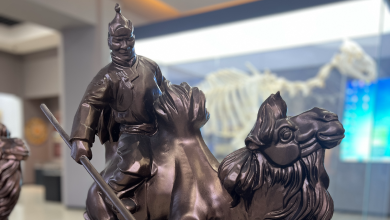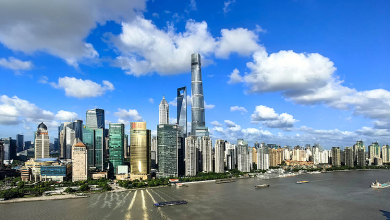As Japan struggles to recruit enough soldiers, former enlistees say they were ‘ashamed’ to serve
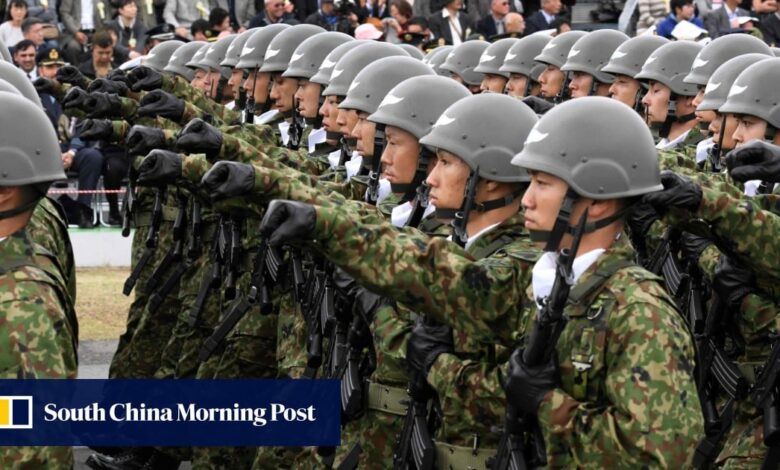
[ad_1]
Although numbers fluctuate from year to year, since 1990 the strength of the Self-Defence Forces, as Japan’s military is known, has fallen by more than 7 per cent to under 230,000.
In 2022 fewer than 4,000 people joined up, undershooting the target by more than half. The last time its objective was met was in 2013.
Japan top general warns with ‘jarring bluntness’ country’s security is at stake
Japan top general warns with ‘jarring bluntness’ country’s security is at stake
But according to current and former soldiers who were interviewed for this article, it’s not just demographics to blame.
“I was ashamed to say that I was in the Self-Defence Forces. It didn’t make me proud at all,” said Yuichi Kimura, 45, a former parachutist who now runs a firm helping former soldiers get civilian jobs.
Morale is “low”, he said, due to “poor pay” and a “lack of ambition” on the part of the armed forces, whose role since World War II has been exclusively defensive in line with Japan’s pacifist constitution.
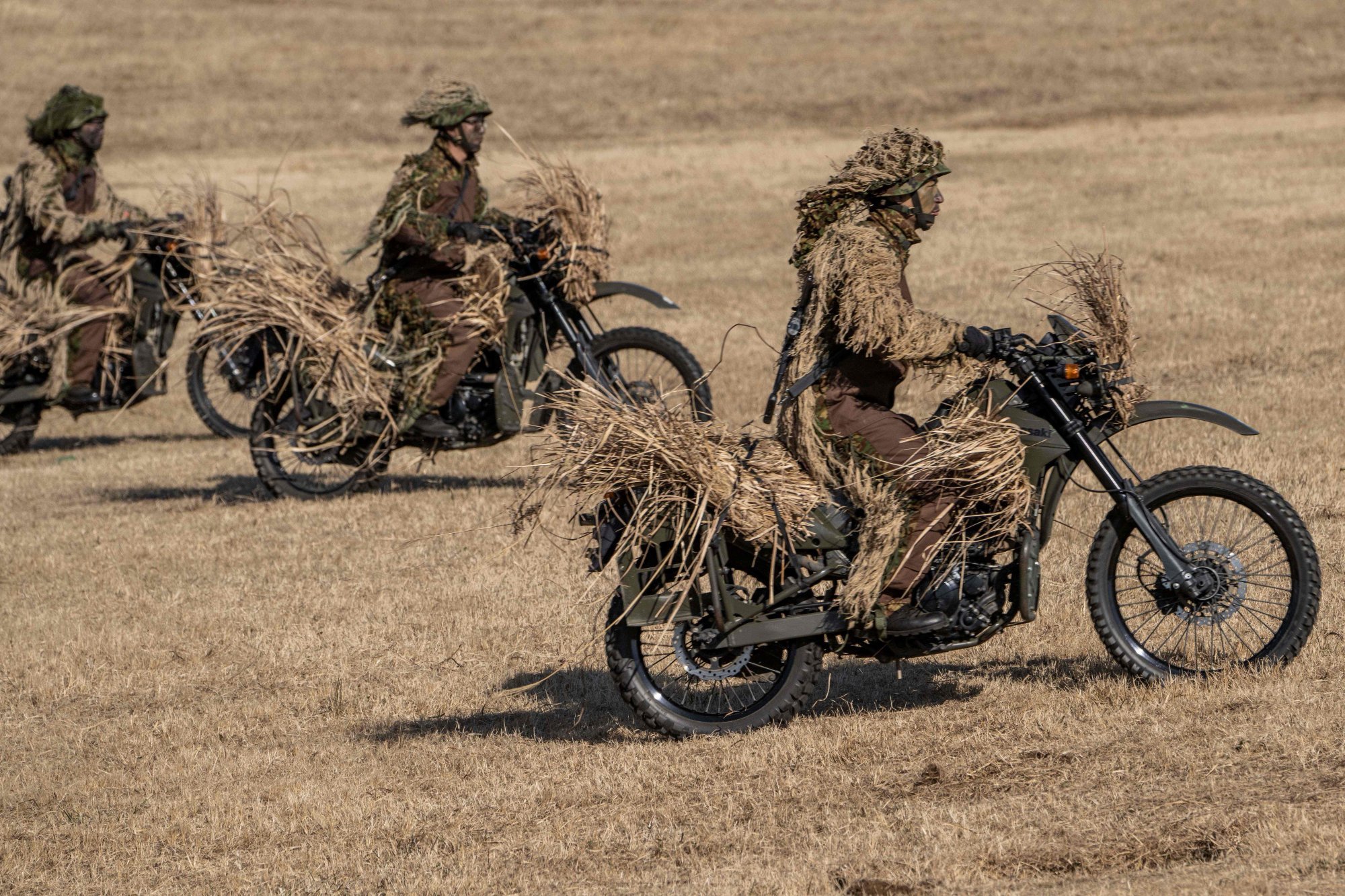
Many join up hoping to help during natural disasters, but are dismayed to find themselves doing military tasks.
“Most soldiers weren’t thinking at all about national defence [when they joined],” said Kohei Kondo, 25, a former sergeant.
Japan’s defence ministry insists it only recruits suitable candidates but according to media reports, standards have fallen, including when it comes to psychological tests.
Japan “recruits just about anybody because no one expects an actual armed conflict”, said Kimura, the former paratrooper.
In an effort to halt the decline, in 2018 Japan increased the maximum age for new soldiers to 32 from 26.
Another solution, the July report said, is to use more unmanned vehicles in the air, on sea and on land.
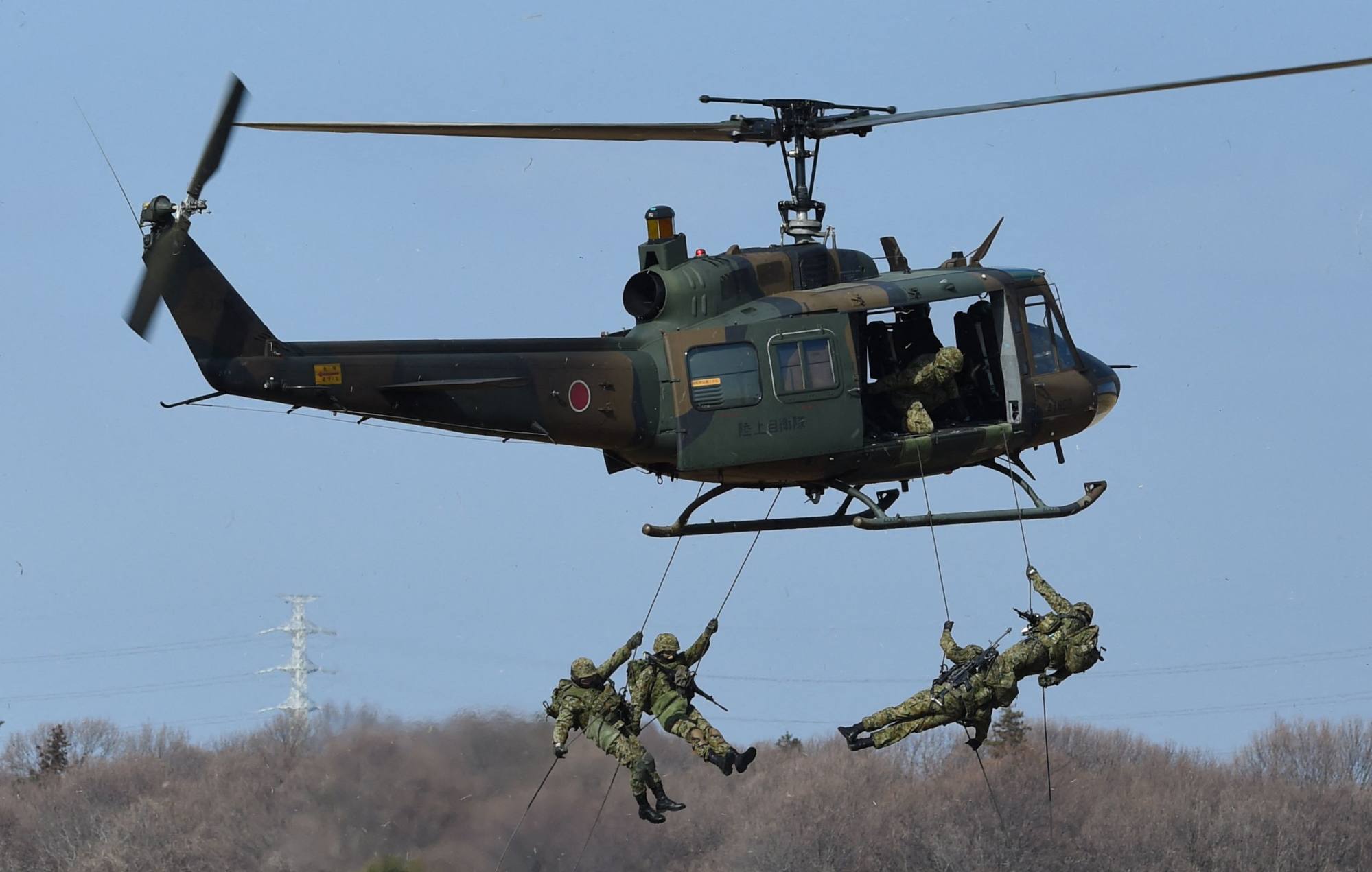
Japan also aims to increase the proportion of women by 2030 to 13 per cent, from 9 per cent at present.
Featuring photos of smiling servicewomen, the defence ministry website promises “an environment adapted to women”.
But according to Fumika Sato, professor of military sociology and gender sociology at Hitotsubashi University, there is a considerable gap with “reality on the ground”.
The army is “an environment conducive to harassment and sexual violence”, she said.
‘There’s something wrong with Japan’: ex-soldier declares war on sexual abuse
‘There’s something wrong with Japan’: ex-soldier declares war on sexual abuse
They started when former soldier Rina Gonoi went public with explosive allegations of abuse that drew major attention.
There is no concrete evidence of a link, but in the year to March 2023, the number of female recruits tumbled 12 per cent, having previously risen every year since 2017.
“Things were happening in my company that could have had the same repercussions,” said Kodai Suzuki, 27, another former soldier.
“What parents would let their daughter join such an institution?” a serving junior officer said on condition of anonymity.
[ad_2]
Source link



